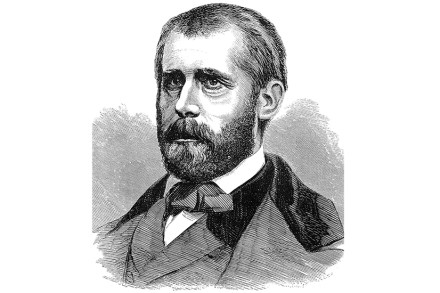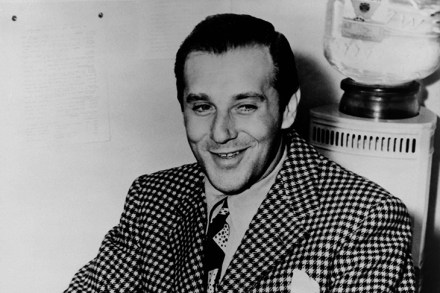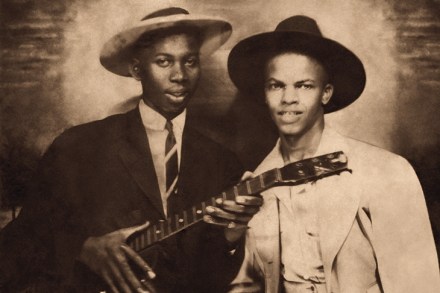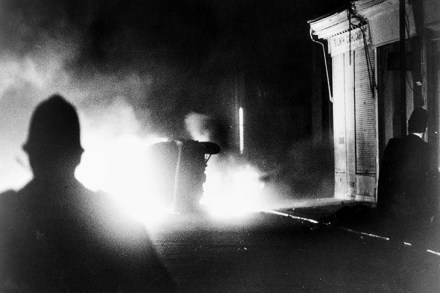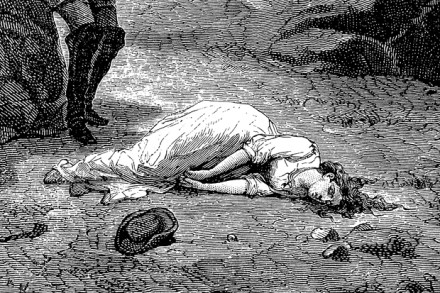The Met must face the truth about Sarah Everard’s murder
‘We are sickened, angered and devastated by this man’s crimes which betray everything we stand for,’ said the Metropolitan Police in response to the sentencing of Wayne Couzens. He is the former police officer who, when in service, kidnapped, raped and murdered Sarah Everard, later setting fire to her body. The case in March sparked national outrage about the levels of male violence towards women and girls. Not only do significant numbers of police officers spectacularly fail women when it comes to sexual and domestic violence, but they commit these crimes themselves. The two things are connected. If male police officers see women as worthless, and if there is little


